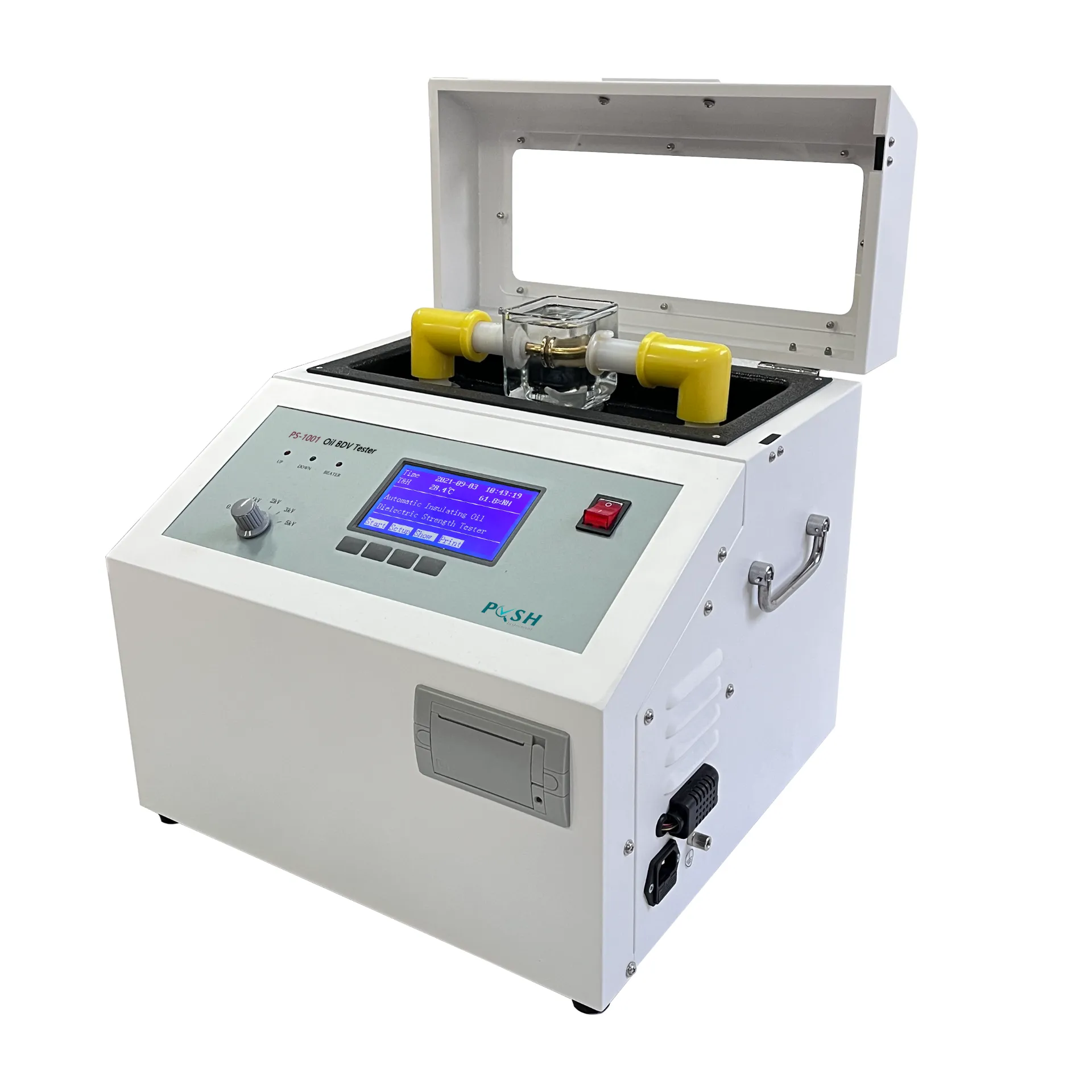TEL:
+86-0312-3189593
 English
English

Telephone:0312-3189593

Email:sales@oil-tester.com

-
 Afrikaans
Afrikaans -
 Albanian
Albanian -
 Amharic
Amharic -
 Arabic
Arabic -
 Armenian
Armenian -
 Azerbaijani
Azerbaijani -
 Basque
Basque -
 Belarusian
Belarusian -
 Bengali
Bengali -
 Bosnian
Bosnian -
 Bulgarian
Bulgarian -
 Catalan
Catalan -
 Cebuano
Cebuano -
 China
China -
 China (Taiwan)
China (Taiwan) -
 Corsican
Corsican -
 Croatian
Croatian -
 Czech
Czech -
 Danish
Danish -
 Dutch
Dutch -
 English
English -
 Esperanto
Esperanto -
 Estonian
Estonian -
 Finnish
Finnish -
 French
French -
 Frisian
Frisian -
 Galician
Galician -
 Georgian
Georgian -
 German
German -
 Greek
Greek -
 Gujarati
Gujarati -
 Haitian Creole
Haitian Creole -
 hausa
hausa -
 hawaiian
hawaiian -
 Hebrew
Hebrew -
 Hindi
Hindi -
 Miao
Miao -
 Hungarian
Hungarian -
 Icelandic
Icelandic -
 igbo
igbo -
 Indonesian
Indonesian -
 irish
irish -
 Italian
Italian -
 Japanese
Japanese -
 Javanese
Javanese -
 Kannada
Kannada -
 kazakh
kazakh -
 Khmer
Khmer -
 Rwandese
Rwandese -
 Korean
Korean -
 Kurdish
Kurdish -
 Kyrgyz
Kyrgyz -
 Lao
Lao -
 Latin
Latin -
 Latvian
Latvian -
 Lithuanian
Lithuanian -
 Luxembourgish
Luxembourgish -
 Macedonian
Macedonian -
 Malgashi
Malgashi -
 Malay
Malay -
 Malayalam
Malayalam -
 Maltese
Maltese -
 Maori
Maori -
 Marathi
Marathi -
 Mongolian
Mongolian -
 Myanmar
Myanmar -
 Nepali
Nepali -
 Norwegian
Norwegian -
 Norwegian
Norwegian -
 Occitan
Occitan -
 Pashto
Pashto -
 Persian
Persian -
 Polish
Polish -
 Portuguese
Portuguese -
 Punjabi
Punjabi -
 Romanian
Romanian -
 Russian
Russian -
 Samoan
Samoan -
 Scottish Gaelic
Scottish Gaelic -
 Serbian
Serbian -
 Sesotho
Sesotho -
 Shona
Shona -
 Sindhi
Sindhi -
 Sinhala
Sinhala -
 Slovak
Slovak -
 Slovenian
Slovenian -
 Somali
Somali -
 Spanish
Spanish -
 Sundanese
Sundanese -
 Swahili
Swahili -
 Swedish
Swedish -
 Tagalog
Tagalog -
 Tajik
Tajik -
 Tamil
Tamil -
 Tatar
Tatar -
 Telugu
Telugu -
 Thai
Thai -
 Turkish
Turkish -
 Turkmen
Turkmen -
 Ukrainian
Ukrainian -
 Urdu
Urdu -
 Uighur
Uighur -
 Uzbek
Uzbek -
 Vietnamese
Vietnamese -
 Welsh
Welsh -
 Bantu
Bantu -
 Yiddish
Yiddish -
 Yoruba
Yoruba -
 Zulu
Zulu
Jan . 25, 2025 20:27
Back to list
volume resistivity tester
A volume resistivity tester stands as a paramount tool in the realm of material science and electrical engineering, offering critical insights into material properties that dictate suitability for various applications. This device measures the resistance encountered by an electric current as it passes through a cubic meter of a given material. Such a measure becomes indispensable in evaluating insulating materials, ensuring components’ efficacy and safety in electrical applications.
Trust in the results derived from a volume resistivity tester is paramount. For companies developing materials intended for critical applications—especially in industries such as aerospace or medical devices—the stakes are high. Misunderstandings or inaccuracies can lead to catastrophic failures. Therefore, companies often rely on results from certified labs employing volume resistivity testers within well-defined parameters. The results, therefore, must not only be precise but reproducibly so, warranting repeated testing and peer verification. For SEO purposes, integrating key terms such as volume resistivity tester applications, insulation material testing, and ASTM D257 compliance within the website content will attract industry professionals seeking nuanced insights or validation regarding their material choices. Including case studies or testimonials from clients who achieved successful product launches using your specific volume resistivity tester can enhance credibility and establish authority. In summary, a volume resistivity tester is not just a diagnostic tool but a cornerstone of material engineering, shaping the future of product innovation by ensuring reliability, safety, and efficiency. Holding expertise in the operation and interpretation of results reinforces the tester's reputation as a center of excellence in quality assurance processes. As industries continue to evolve and the demand for high-performance materials rises, the role of accurate and authoritative testing methods becomes increasingly indispensable.


Trust in the results derived from a volume resistivity tester is paramount. For companies developing materials intended for critical applications—especially in industries such as aerospace or medical devices—the stakes are high. Misunderstandings or inaccuracies can lead to catastrophic failures. Therefore, companies often rely on results from certified labs employing volume resistivity testers within well-defined parameters. The results, therefore, must not only be precise but reproducibly so, warranting repeated testing and peer verification. For SEO purposes, integrating key terms such as volume resistivity tester applications, insulation material testing, and ASTM D257 compliance within the website content will attract industry professionals seeking nuanced insights or validation regarding their material choices. Including case studies or testimonials from clients who achieved successful product launches using your specific volume resistivity tester can enhance credibility and establish authority. In summary, a volume resistivity tester is not just a diagnostic tool but a cornerstone of material engineering, shaping the future of product innovation by ensuring reliability, safety, and efficiency. Holding expertise in the operation and interpretation of results reinforces the tester's reputation as a center of excellence in quality assurance processes. As industries continue to evolve and the demand for high-performance materials rises, the role of accurate and authoritative testing methods becomes increasingly indispensable.
Previous:
Latest news
-
Exploring the Main Types of Industrial Endoscopes and Their Applications Across IndustriesNewsJul.04,2025
-
Testing Equipment Industry Sees Major Advancements in 2025: Smart & Precision Technologies Lead the WayNewsJun.06,2025
-
Applications of Direct Current Generators in Renewable Energy SystemsNewsJun.05,2025
-
Hipot Tester Calibration and Accuracy GuidelinesNewsJun.05,2025
-
Digital Circuit Breaker Analyzer Features and BenefitsNewsJun.05,2025
-
Benefits of Real-Time Power Quality Monitoring Devices for Industrial EfficiencyNewsJun.05,2025



